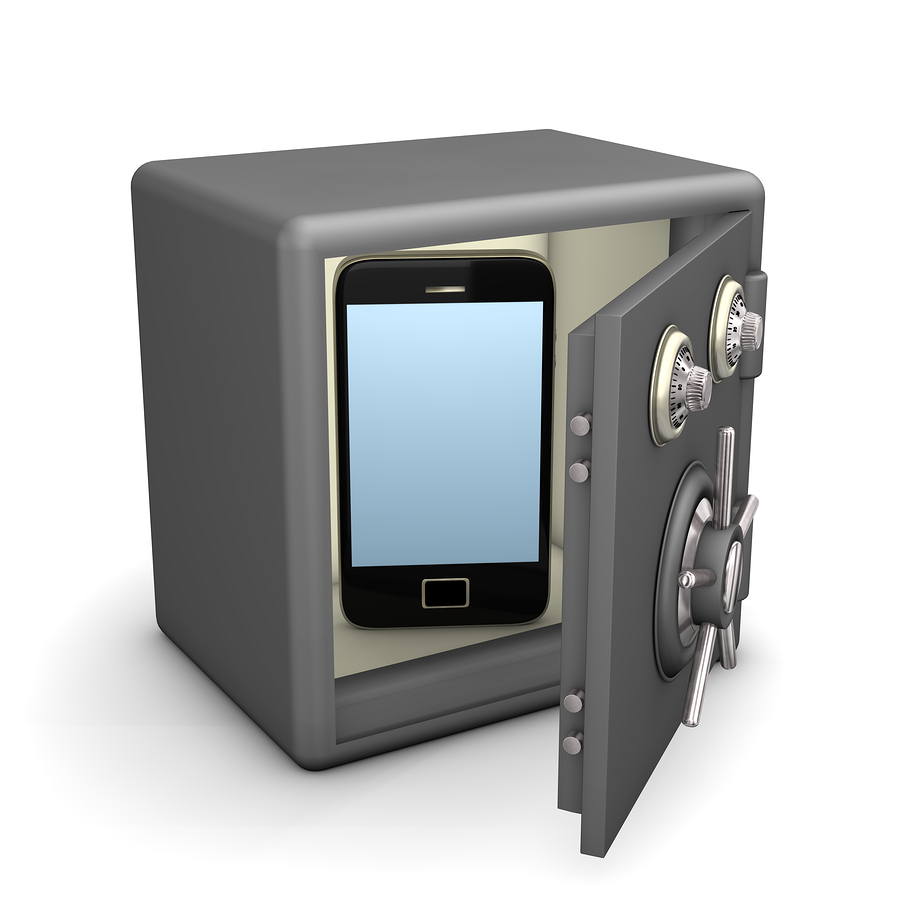Consumerization of IT is currently one of the top technology trends that middle market businesses need to follow. In addition to potential competitive operational benefits, consumerization policies like "bring your own device" (BYOD) are important in attracting younger talent.

That has significant implications for mobile security, as these devices do not allow for the usual level of control that IT departments impart. Smart middle market companies will find ways to implement IT consumerization while protecting data, strategy, and communications.
If your company is wrestling with BYOD, you're not alone. Last year, in several series of events, I spoke with hundreds of middle market companies across the U.S. and Canada about IT consumerization. Many were actively pursuing the approach and virtually all the rest said they had little choice. Employees insisted on using their devices, whether officially sanctioned or not, which forced the issue upon their employers. This was often true even in such highly regulated industries as health care or financial services, where processes and methods of handling data are typically regimented.
To get an outside view, a Gartner analyst called BYOD "the most radical change to the economics and the culture of client computing in business in decades." According to a survey the firm conducted, the move is strongest in companies ranging from $500 million to $5 billion in annual revenue, but happening in businesses of all sizes. Additionally, 38 percent of company CIOs expected to stop providing devices to workers by 2016. Gartner predicts that by 2017, half of employers will require employees to bring their own device. By simple business demographics, that means middle market companies would be heavily involved in BYOD within a few years if they aren't already.
One of the driving forces in considering BYOD is the recruitment and retention of younger workers. In these events last year, executives around the country repeatedly said that young people expected to use smartphones and tablets. Any test of a sustainable business model should include the ongoing availability of talent. BYOD could become another hurdle a middle market company would have to clear to be considered by younger workers as a potential employer.
For all the popularity, there is also deep concern about mobile security. A device that is stolen or lost might yield sensitive information. Even if files and databases are not kept directly on the device, they likely run apps that have access to that data. Access to corporate email would be another potential weakness because people within a company freely discuss sensitive topics under the assumption that no one outside the company has access to the material.
There is the danger of malware, which could in theory take over a device and gain access to everything — a particular danger for the Android operating system, which also happens to be the most widely used. And then, any user could fall prey to an email phishing scheme, giving away login information, or loss of the device.
Middle market companies will have to emulate larger companies by having a comprehensive approach to mobile security, including antivirus, remote monitoring, and remote data wiping capabilities. That luckily won't mean restructuring all of IT, but will require implementing additional systems over time to anticipate expanded use of personal devices and provide the protection that will be necessary.